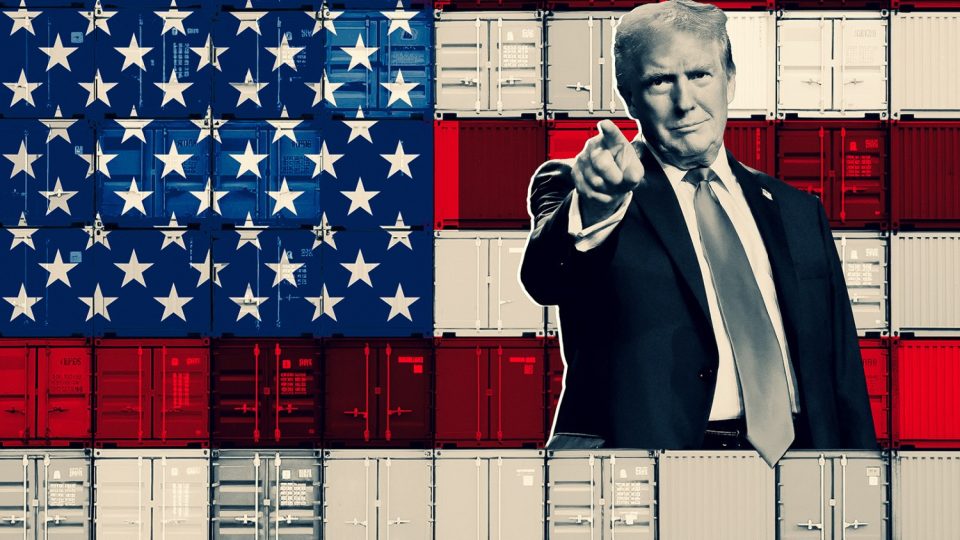The latest wave of tariffs imposed by President Donald Trump has sparked swift retaliatory measures from China and Canada, with Mexico expected to follow suit. The new tariffs, which took effect at 12:01 am on March 4, include a 25% levy on imports from Canada and Mexico and an additional 10% duty on goods from China. These actions have rattled global markets and raised concerns about the potential fallout for businesses and consumers alike.
President Trump’s administration has defended the tariffs as a necessary measure to address issues such as fentanyl trafficking and trade imbalances. The tariffs include a 25% duty on most imports from Canada and Mexico, with a lower 10% tariff on Canadian energy products. For China, the existing 10% tariff on imports was doubled to 20%. Trump has argued that these measures will encourage domestic manufacturing and strengthen the U.S. economy, despite warnings from economists about inflationary pressures and potential disruptions to global trade.
China, Canada, and Mexico have announced retaliatory measures in response to recent U.S. tariff increases. China will impose tariffs ranging from 10% to 15% on various U.S. agricultural products, including soybeans, pork, chicken, and wheat, effective March 10. The Chinese government criticized the U.S. for undermining multilateral trade systems and warned of potential further actions. Canada has responded with immediate 25% tariffs on over $20 billion worth of U.S. goods, with plans to extend these measures to an additional $86 billion in imports within three weeks. While Mexico has confirmed plans for retaliatory measures, specific details have not been announced, with President Claudia Sheinbaum scheduled to provide more information during a public address on Sunday.
The announcement of these tariffs has caused significant turbulence in financial markets worldwide. Major indices such as the Dow Jones Industrial Average and the S&P 500 fell sharply, reflecting investor concerns over the economic impact of escalating trade tensions. Analysts warn that higher import costs could lead to increased prices for American households while also affecting global supply chains.
The tariffs come at a time when Canada, Mexico, and China collectively account for over 40% of U.S. imports. Experts caution that prolonged trade disputes could strain diplomatic relationships and disrupt industries reliant on cross-border commerce. Additionally, retaliatory tariffs targeting American exports may hurt U.S. manufacturers and farmers who depend heavily on international markets.
While President Trump has framed these measures as a bold step toward economic self-reliance, critics argue that they risk triggering a full-scale trade war with some of America’s largest trading partners. As the situation unfolds, businesses and consumers around the world are bracing for potential ripple effects across industries ranging from agriculture to technology.
As retaliatory measures take shape in Canada, China, and potentially Mexico, global markets will be closely monitoring developments in what is shaping up to be one of the most contentious periods in recent trade history.

